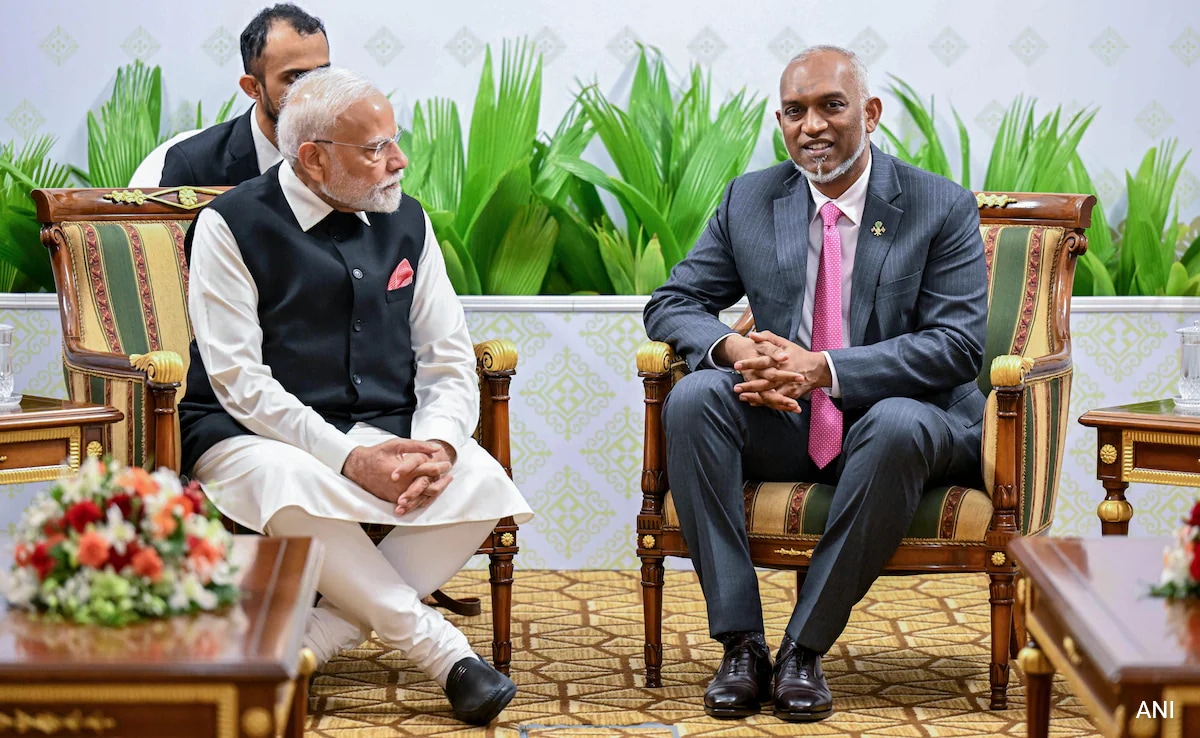Popular Tibetan poet released after serving 4-year sentence
Tibetan netizens have been sharing one of his poems – about life while under surveillance – on social media.

Read original story in Tibetan
A prominent Tibetan writer and poet was released from prison earlier this month after serving a four-year sentence, and Tibetan netizens have celebrated by widely sharing one of his poems on social media, two sources told Radio Free Asia.
Gendun Lhundrub, 50, was arrested in December 2020 in northwestern China’s Qinghai province after authorities had monitored his activities over a long period for signs of political dissent.
He was released on Nov. 9, according to the two sources, who spoke on condition of anonymity for safety reasons.
He remains under strict surveillance and restrictions, making it difficult to obtain details about his health condition and current situation, they said.
Lhundrub’s poem “May It Be Auspicious,” about finding courage amid government surveillance, was quoted by numerous Tibetan social media users on Tuesday.
“Eyes that have witnessed years and months pass / Though tears well up, through sheer determination / Despite constant surveillance everywhere / I’ve written these words of courage, never yielding,” goes an English translation of the poem.
RELATED STORIES
Three years on, whereabouts of Tibetan poet is a mystery
Missing Tibetan writer said to be detained in prison in China’s Qinghai province
Tibetan writer missing more than a year after his arrest
Tibetan language rights advocate under surveillance after release from detention
Lhundrub was born in 1974 in Rebgong county of Malho Tibetan Autonomous Prefecture in Qinghai province. He became a monk at a young age and began publishing poetry in 1994.
He’s just one of a number of well-known Tibetan writers and poets who have been detained by Chinese authorities after they were accused of promoting Tibetan national identity and culture or criticizing Chinese rule.
At the time of his arrest in 2020, sources told RFA that Lhundrub may have voiced his objection to an order by authorities to help translate Tibetan Buddhist texts into Mandarin Chinese.
His whereabouts remained unknown for a full year, until news emerged in 2022 that the Xining Intermediate People’s Court had sentenced him on Dec. 1, 2021, to four years in prison and two years’ deprivation of political rights on charges of “inciting separatism.”
The location of his imprisonment was never disclosed, sources told RFA.
Edited by Tenzin Pema and Matt Reed.
This article has been sourced from various publicly available news platforms around the world. All intellectual property rights remain with the original publishers and authors. Unshared News does not claim ownership of the content and provides it solely for informational and educational purposes voluntarily. If you are the rightful owner and believe this content has been used improperly, please contact us for prompt removal or correction.











